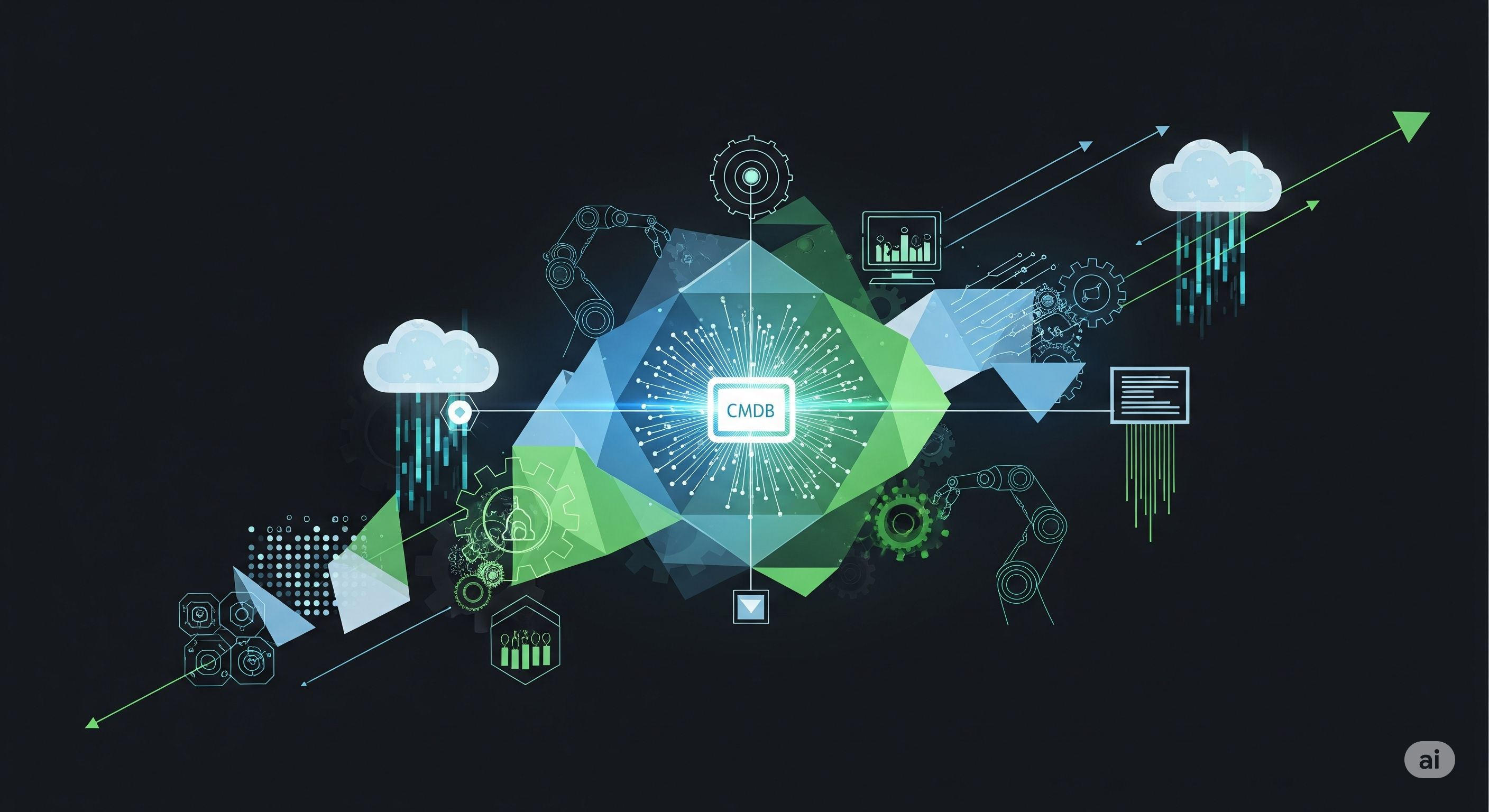IT Service Management
🎯 Module Overview
This module enabled me to:
- Understand the concepts of Information Technology Service Management (ITSM).
- Understand the basic principles, processes, and procedures of ITSM.
- Understand how ITSM principles and techniques impact equality, diversity, and inclusion in the workplace.
- Understand how functional and non-functional requirements map onto ITSM processes.
- Understand the relevant standards and legislation which impact ITSM.
- Appreciate current and future challenges, limitations, and opportunities in this field.
- Present critical arguments for specific actions or outcomes to a diverse audience.
- Reflect on and evaluate my personal development, and the ethical, social, and professional impact of ITSM principles and techniques.
📚 Table of Contents
- Unit 1: Introduction to Information Technology Service Management (ITSM)
- Unit 2: Information Technology Service Management Principles and Processes
- Unit 3: Information Technology Service Management Frameworks and Standards
- Unit 4: Information Technology Process Automation and DevOps
- Unit 5: Future Trends in Information Technology Service Management
- Unit 6: Capstone and Project Presentations
Unit 1: Introduction to Information Technology Service Management (ITSM)
💬 “Effective IT Service Management is the cornerstone of organisational success in the digital age.”
Key Concepts:
- Basic concepts of ITSM: Service Catalog, Service Level Management, Incident Management, Problem Management, Change Management, Asset Management.
- Contribution of ITSM understanding to effective service delivery and organisational success.
Reflections: This introductory unit provided a foundational understanding of ITSM, covering its core concepts and their significance for effective service delivery. My initial post to the discussion forum helped consolidate my understanding of how ITSM principles contribute to overall organisational success.
Related Work:
Unit 2: Information Technology Service Management Principles and Processes
💬 “Efficient incident management processes are crucial for customer satisfaction and service efficiency.”
Key Concepts:
- Fundamental principles of ITSM.
- Importance of incident management processes.
- Case study analysis on improving incident management efficiency and customer satisfaction.
Reflections: This unit deepened my understanding of ITSM principles, with a particular focus on incident management through a lecturecast and readings. The iTech Corporation case study allowed me to apply theoretical knowledge to a practical scenario, addressing challenges in efficiency and customer satisfaction, which was documented in my reflective journal.
Reference:
- Weed-Schertzer, B. (2019) Delivering ITSM for Business Maturity: A Practical Framework.
Related Work:
Unit 3: Information Technology Service Management Frameworks and Standards
💬 “A well-designed Configuration Management Database is fundamental to robust IT Security Management.”
Key Concepts:
- Design of a Configuration Management Database (CMDB) for IT Security Management.
- Management of security assets, vulnerabilities, compliance requirements, and access controls within a CMDB.
- Phases of CMDB design: analysis of requirements, architecture development, feature description, and usability.
Reflections: This unit culminated in my first assignment, which involved designing a CMDB specifically for IT Security Management. The process of analysing requirements and developing the architecture, followed by describing its features and usability, significantly enhanced my practical skills in creating design documentation for complex IT systems.
Related Work:
- 📄 CMDB Design Document - Grade 62% (Merit)
Unit 4: Information Technology Process Automation and DevOps
💬 “Automation is key to overcoming the challenges of manual processes in IT Service Management.”
Key Concepts:
- Importance of automation in ITSM and its role in overcoming manual process challenges.
- Various automation tools and technologies: workflow platforms, DevOps tools, Industry 4.0 technologies (IoT, AI, machine learning).
- Career paths and certifications within ITSM.
Reflections: This unit provided valuable insights into IT process automation and DevOps, highlighting how automation tools and emerging Industry 4.0 technologies streamline ITSM processes. My reflective journal documented these learnings, and preparing the seminar document on ITSM career paths and certifications broadened my perspective on professional development in this field.
Related Work:
Unit 5: Future Trends in Information Technology Service Management
💬 “Emerging technologies are transforming IT Service Management, driving innovation and enhancing service delivery.”
Key Concepts:
- Transformative role of emerging technologies (blockchain, edge computing, quantum computing, cloud computing) in ITSM.
- Benefits and challenges of these technologies for ITSM.
- Implications of cloud computing for ITSM, particularly in hybrid and multi-cloud environments.
- Insights into next-generation ITSM platforms, including AI-driven solutions and predictive analytics.
Reflections: This unit provided a comprehensive overview of future trends in ITSM, focusing on how emerging technologies are revolutionising service delivery. I gained a deeper understanding of the benefits and challenges associated with adopting innovations like blockchain and AI in ITSM, and their implications for cloud environments. This knowledge is crucial for appreciating how these advancements foster innovation and improve service delivery.
Unit 6: Capstone and Project Presentations
💬 “Implementing a functional CMDB is the practical culmination of theoretical ITSM knowledge.”
Key Concepts:
- Creation of an actual CMDB for IT security management based on a previously designed document.
- Evaluation of different tools for CMDB implementation (e.g., ServiceNow).
- Practical application of ITSM principles in building a functional security management solution.
Reflections: This concluding unit involved the practical application of our module learnings through the final assignment: creating a functional CMDB for IT security management. My decision to utilise ServiceNow’s Personal Developer Instance facilitated the practical development, directly applying the design principles from our initial assignment. This experience significantly solidified my understanding of ITSM implementation.
Related Work:
- 📁 Assignment 2 - CMDB Implementation - Grade 70% (Distinction)
🏁 Summary of Achievements
- ✅ Gained a foundational understanding of ITSM concepts, principles, and processes.
- 💬 Developed expertise in designing and implementing Configuration Management Databases (CMDBs) for IT security.
- 🧠 Explored the impact of automation, DevOps, and emerging technologies on ITSM.
- 🗂 Analysed relevant standards and legislation, and their influence on ITSM practices.
- 📈 Presented critical arguments and reflected on the ethical and professional impacts of ITSM.
